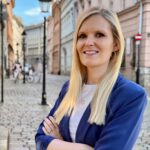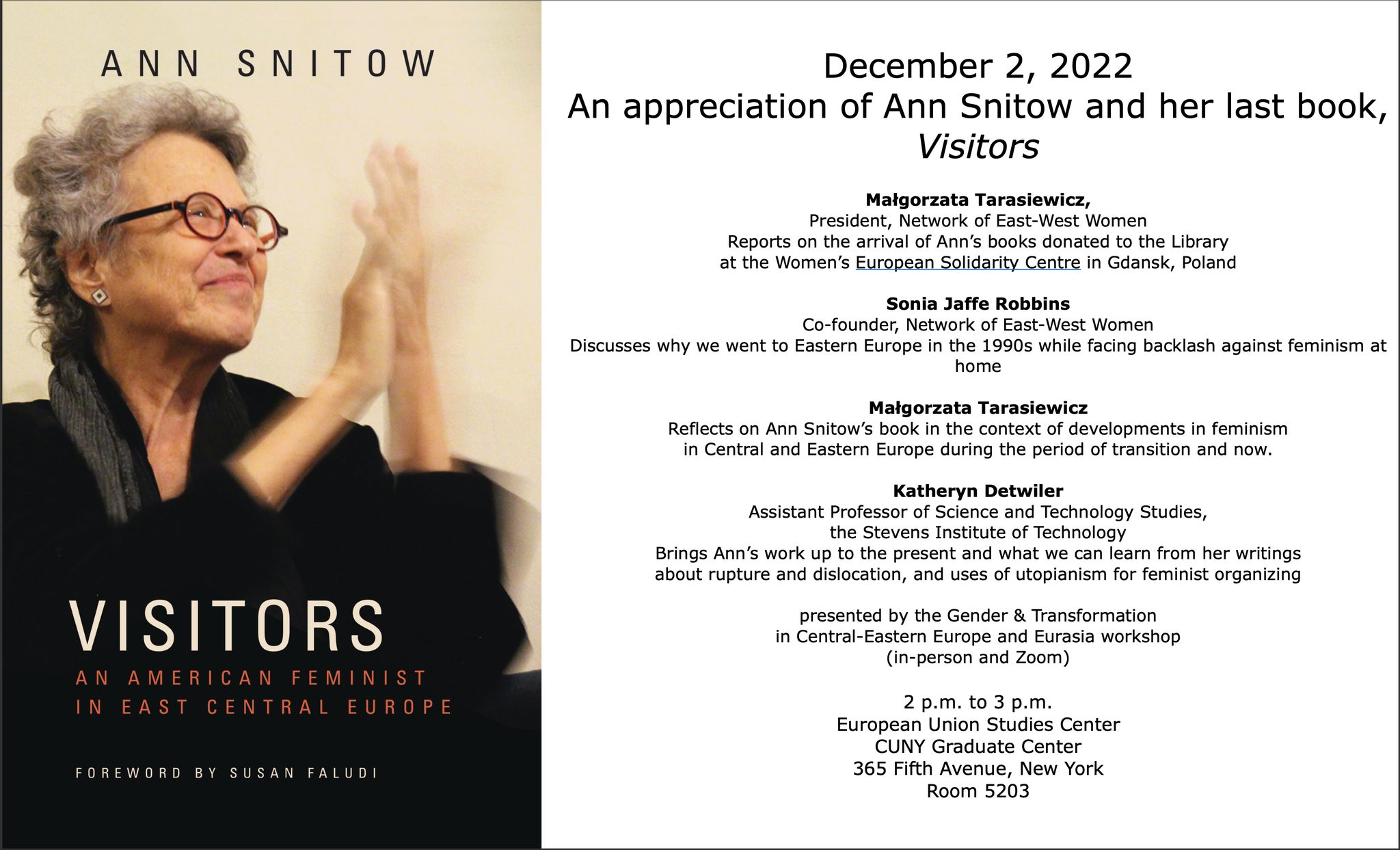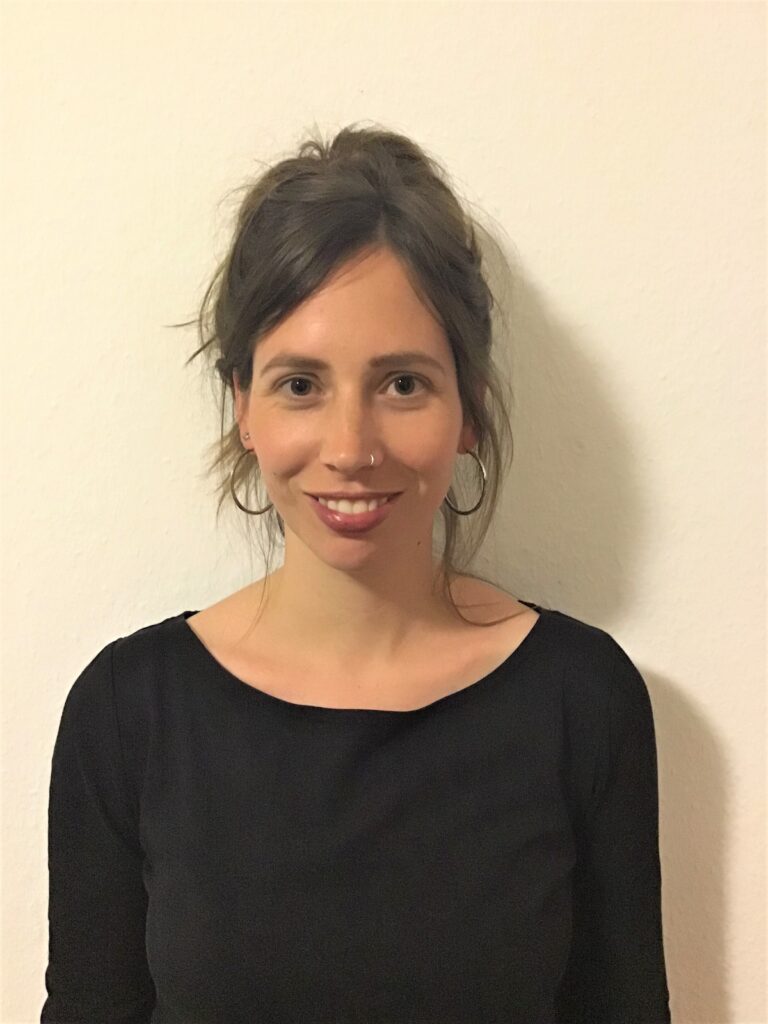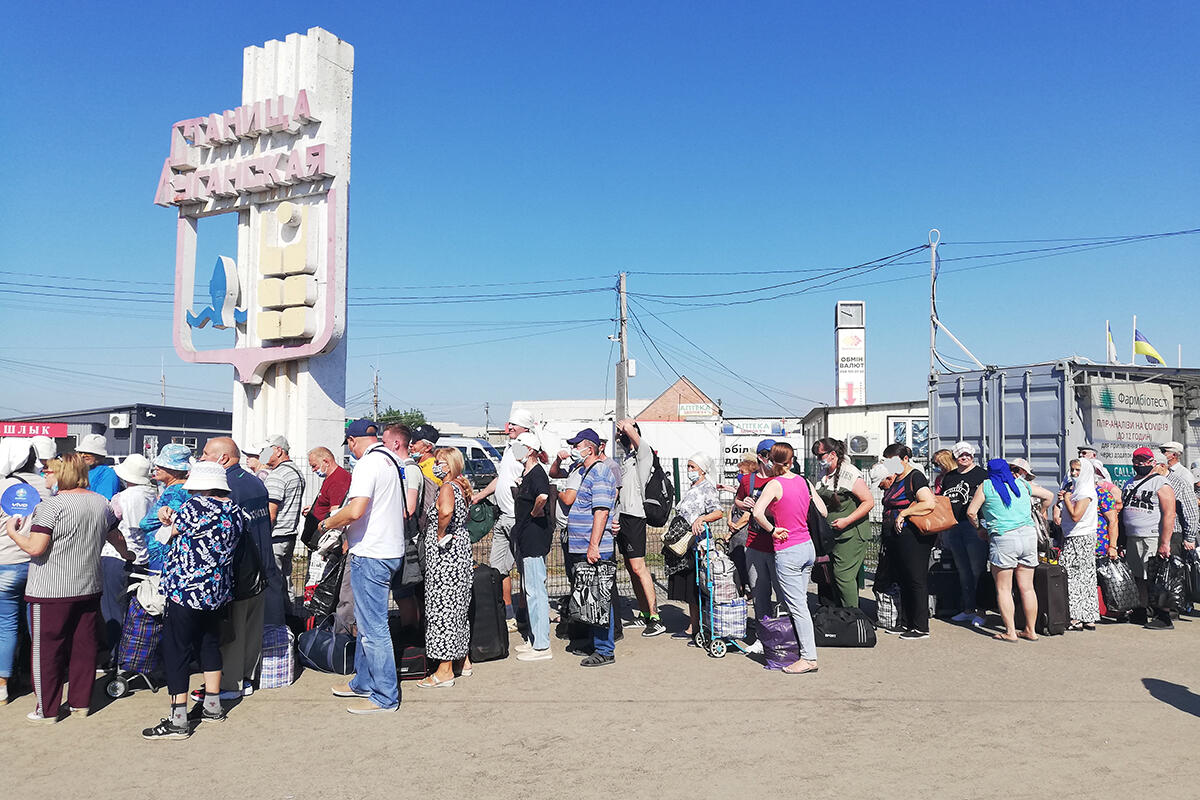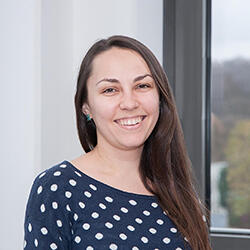Mar 17 (online): 2-3PM EDT
Note that that US moved one hour ahead to Daylight Savings Time this last weekend whereas Europe and other places change time later.
“Strong family makes strong Russia:” Maternity and “traditional values” in a militarizing state
Yulia Gradskova, Center for Baltic and East European Studies, Södertörn University, Sweden
The presentation is dealing with the implications that the ideas and politics of “traditional values” and “familism” in Russia have for interpretations of maternity in the context of militarization of the country and growth of its imperial and nationalist ambitions (early 2010-2022). While the preoccupation with the falling birth rate and “crises of family” was in the center of the public discussions in Russia already in the period of the late socialism and perestroika, it was in 2010s when the state-manipulated “civic organizations” started systematical educational, legal and cultural activities aimed for promoting families with several children, restricting reproductive rights and fostering “patriotic” upbringing of children. The presentation analyses ideas on “good mothers” expressed through activities of very different participants of this campaign: pro-life and homeschooling organizations, Christian Orthodox psychologists and state-associated women’s organizations like Women’ Union of Russia and Union of Women’s Forces. Following N.Yuval Davis (1997) criticism of the historical construction of women as responsible for the reproduction of the collective identities and the nation itself, I explore how different actors behind the traditionalist discourses on maternity and family became mobilized for serving the Russian aggressive war on Ukraine. The presentation is a part of the project “Maternity in the time of ‘traditional values’ and femonationalism” supported by the Baltic Sea Foundation.
We ask that workshop attendees read the paper in advance. Please email mara.lazda@bcc.cuny.edu for the paper.
Updated registration link: https://us02web.zoom.us
